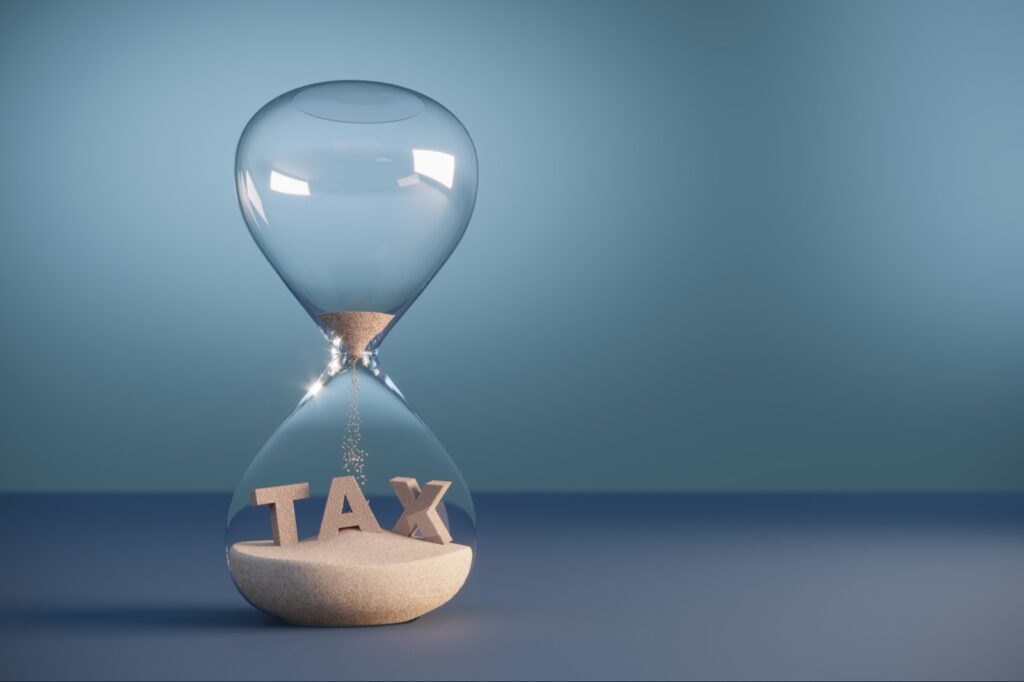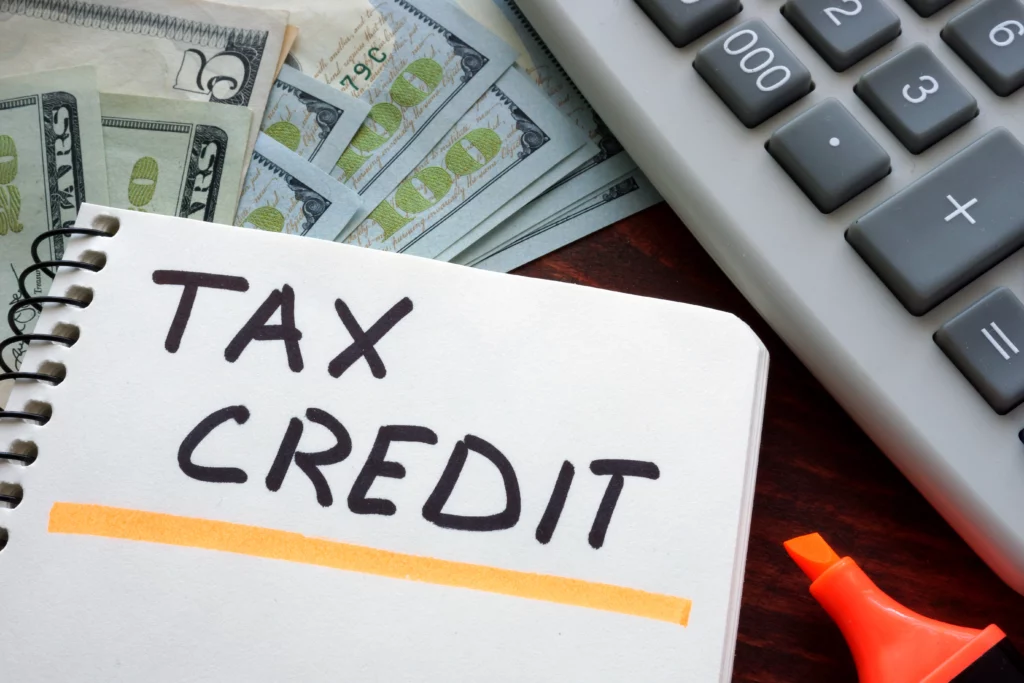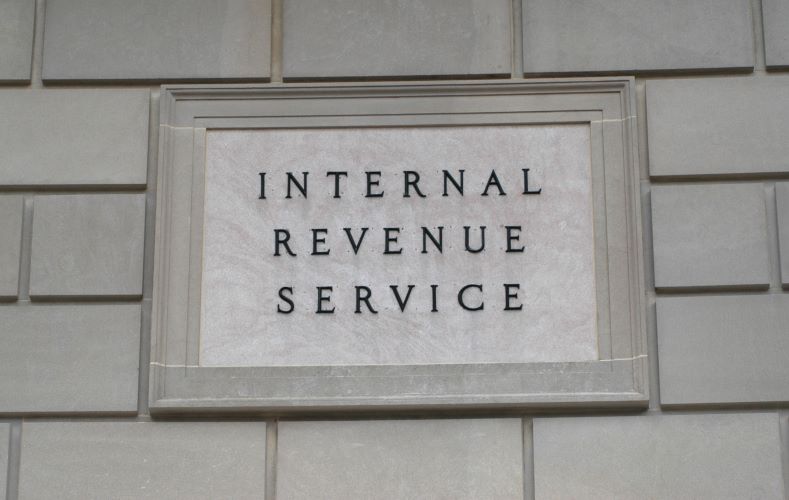Earlier this week, President Biden signed the Inflation Reduction Act (Act) into law. The legislation is designed to help curb the spikes in inflation that have been threatening since the end of the pandemic. The strategy behind the law is to invest in domestic energy production and reduce carbon emissions by no later than 2030. The law also contains provisions to extend certain aspects of the Affordable Care Act. In addition to these lofty goals, there are several important tax changes and updates that will provide an immediate benefit to families and individuals. Specifically, there were several tax incentives and rebate programs included in the Act designed to benefit those making energy-efficient changes. To help clients, prospects, and others Selden Fox has provided a summary of the key details below.
Purchase of New Electric Vehicles
The act extended and broadened the tax credit for the purchase of new energy-efficient vehicles such as hybrids, electric plug-ins, and more. The federal tax incentive is worth up to $7,500 and is available through 2032, and it removes previously existing caps on the number of eligible vehicles per manufacturer. However, only new electric cars less than $55,000 ($80,000 for trucks and SUVs) are eligible and new income limitations will limit the credits to individuals with income above $150,000 ($300,000 for MFJ). Additionally, certain components, like the battery, must be domestically sourced under strict new eligibility requirements.
Purchase of Used Electric Vehicles
There is an available credit for the purchase of used electric vehicles. Eligible buyers can receive a credit of $4,000 or 30% of the sales price, whichever is less. For this credit, the vehicle cost may not exceed $25,000, the model must be at least two years old, it must be the first sale of the car after passage of the Act, the credit can only be claimed once every three years, and income limits similar to new vehicle credits apply.
Extension of the Energy Efficient Home Improvement Credit
An incentive extended and enhanced by the Act is the credit available for the installation energy efficient home improvements. Eligible property can include doors, windows, heat pumps, water heaters and boilers. The 30% credit, which formally had a lifetime maximum of $500 now has an annual limit of $1200. It is worth noting the credit can now be claimed on battery systems which store excess renewable energy, a new benefit that was not part of the prior regulations.
High-Efficiency Appliance Rebates
While not a tax incentive program, it does provide a financial benefit to qualifying families that purchase energy-efficient appliances. Designed to benefit low to middle-income families, eligible taxpayers must have an income 150% less than the median income where they reside. Rebate maximums include $840 for a stove, range, oven, or dryer; $1,750 for a heat pump water heater; and $8,000 for a heat pump for space heating or cooling. There are also rebates available for non-appliance upgrades such as insulation, wiring, and ventilation systems. The total rebate amount a single family can receive could reach up to $14,000.
Contact Us
The Inflation Reduction Act has opened the door to incentive programs designed to benefit Chicago individuals and families. Since the legislation was recently signed into law, it will be sometime before the appropriate guidance becomes available. If you have questions about the information outlined above or need assistance with a tax or accounting issue, Selden Fox can help. For additional information call 630.954.1400 or click here to contact us. We look forward to speaking with you soon.





